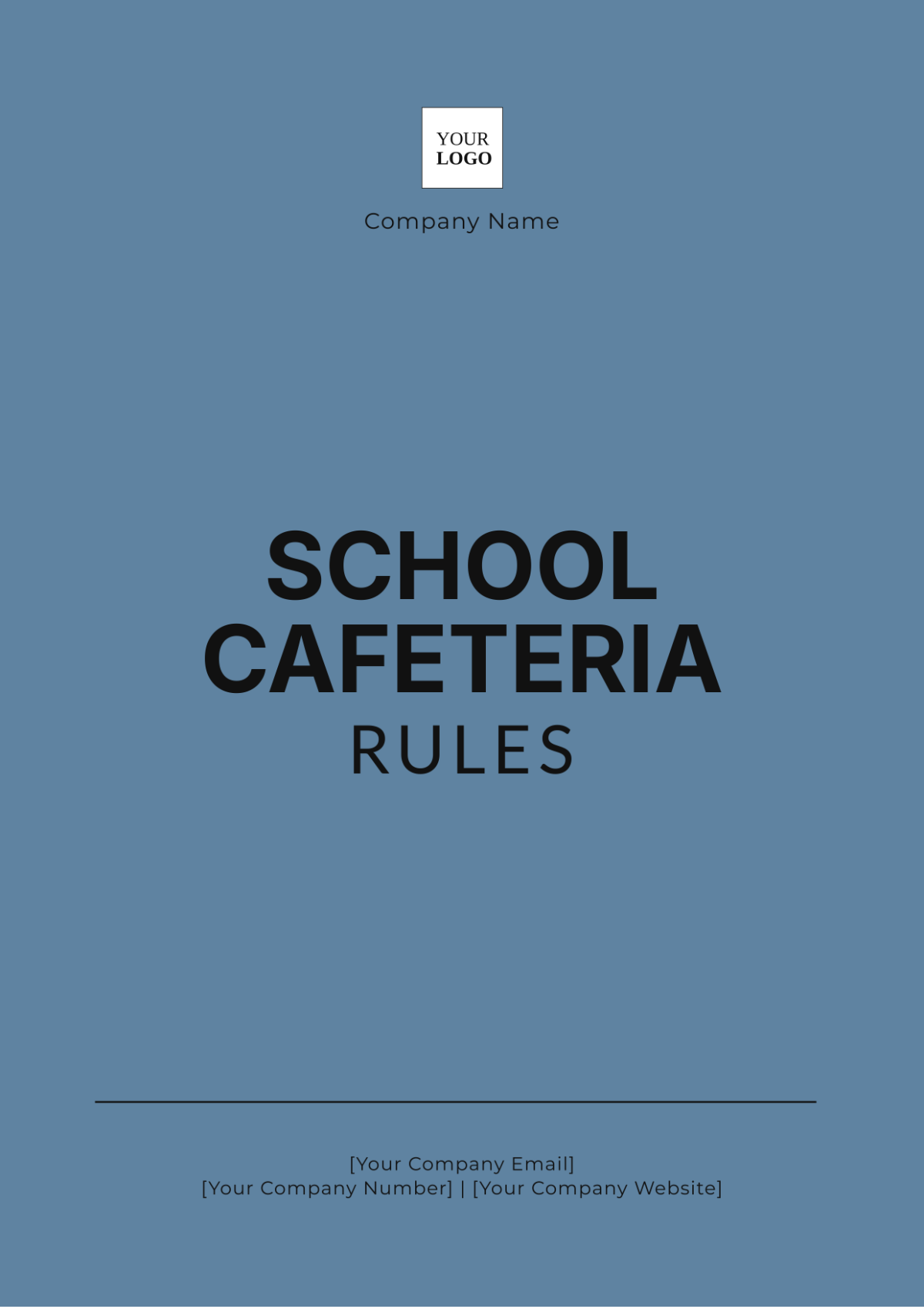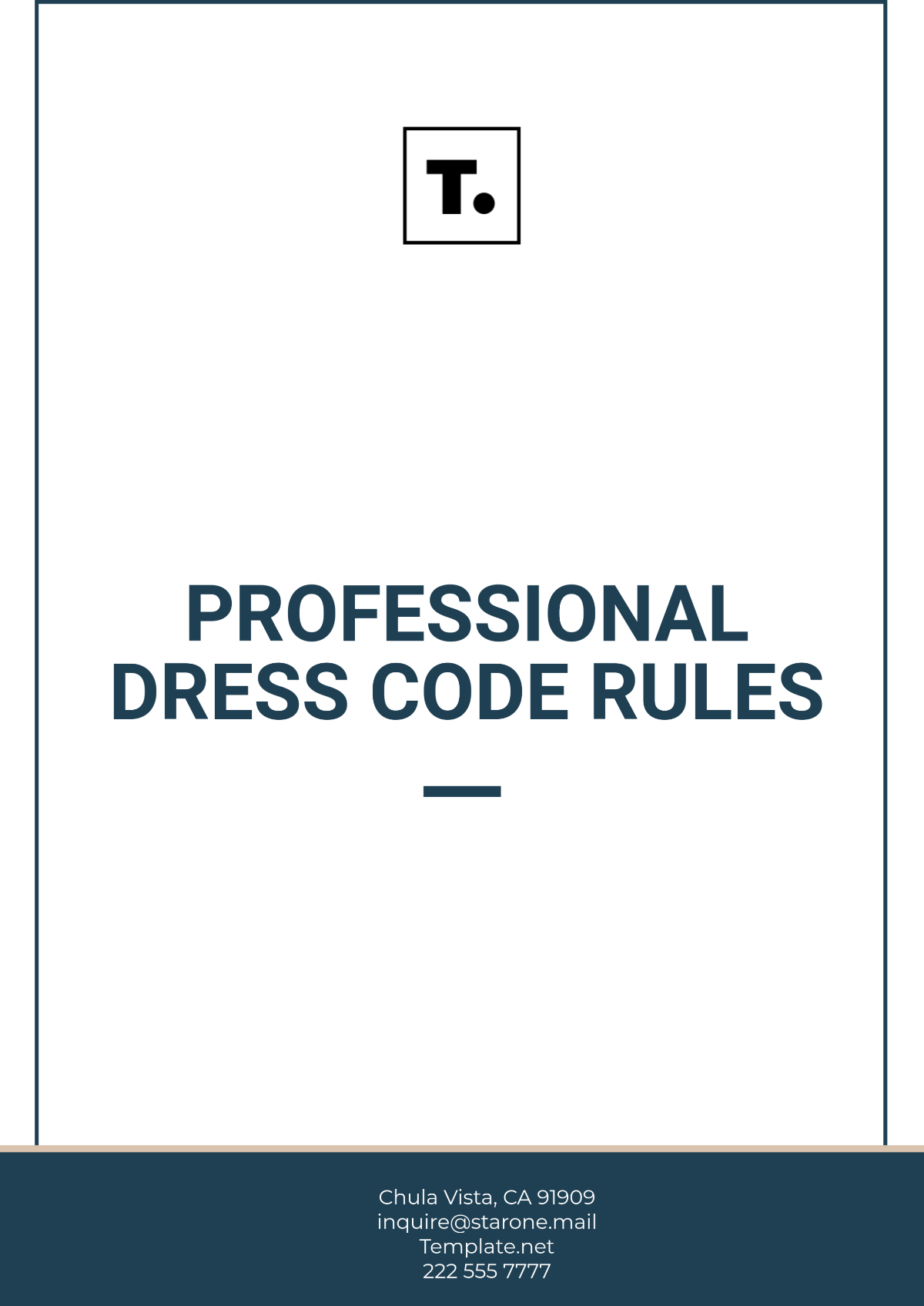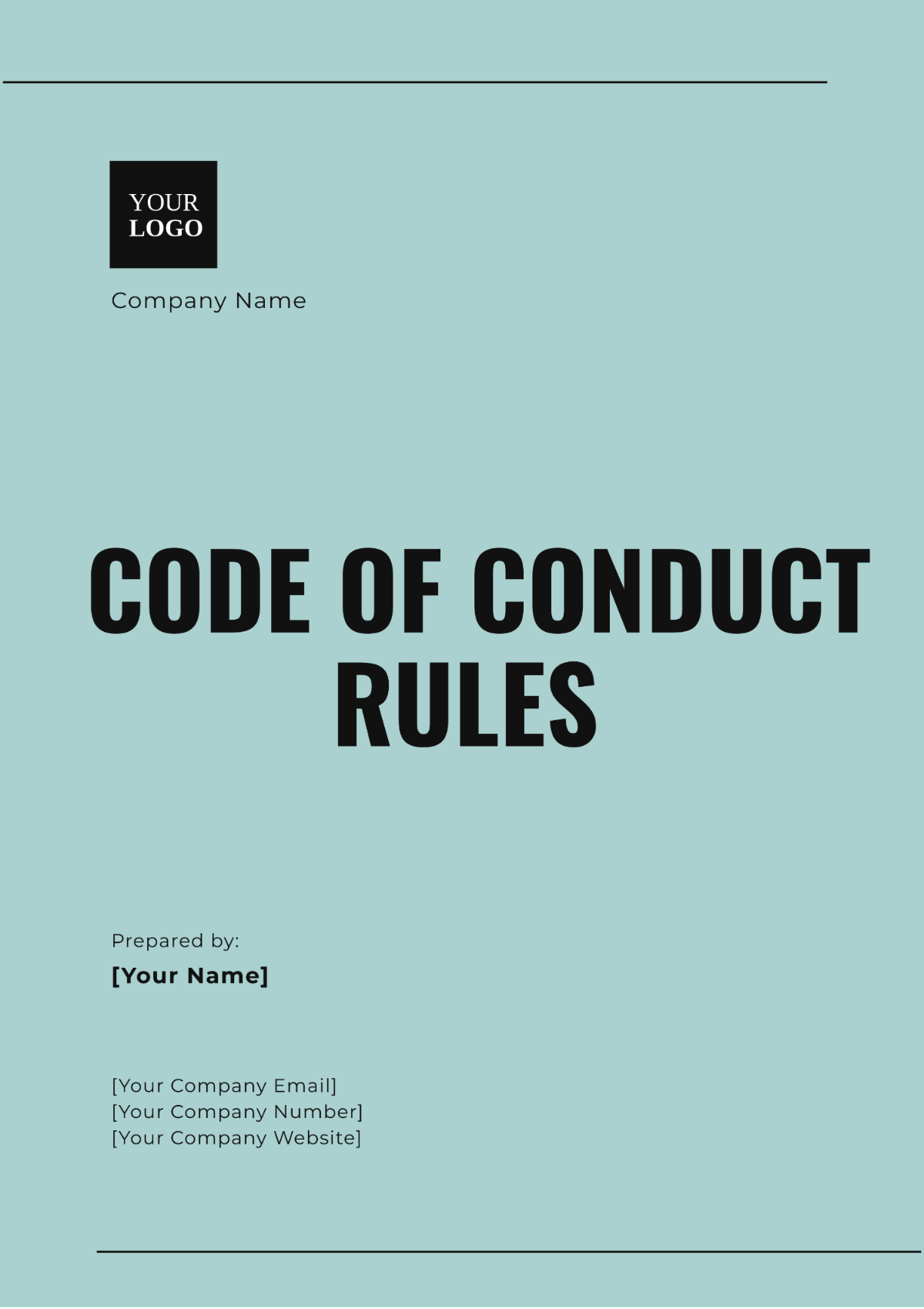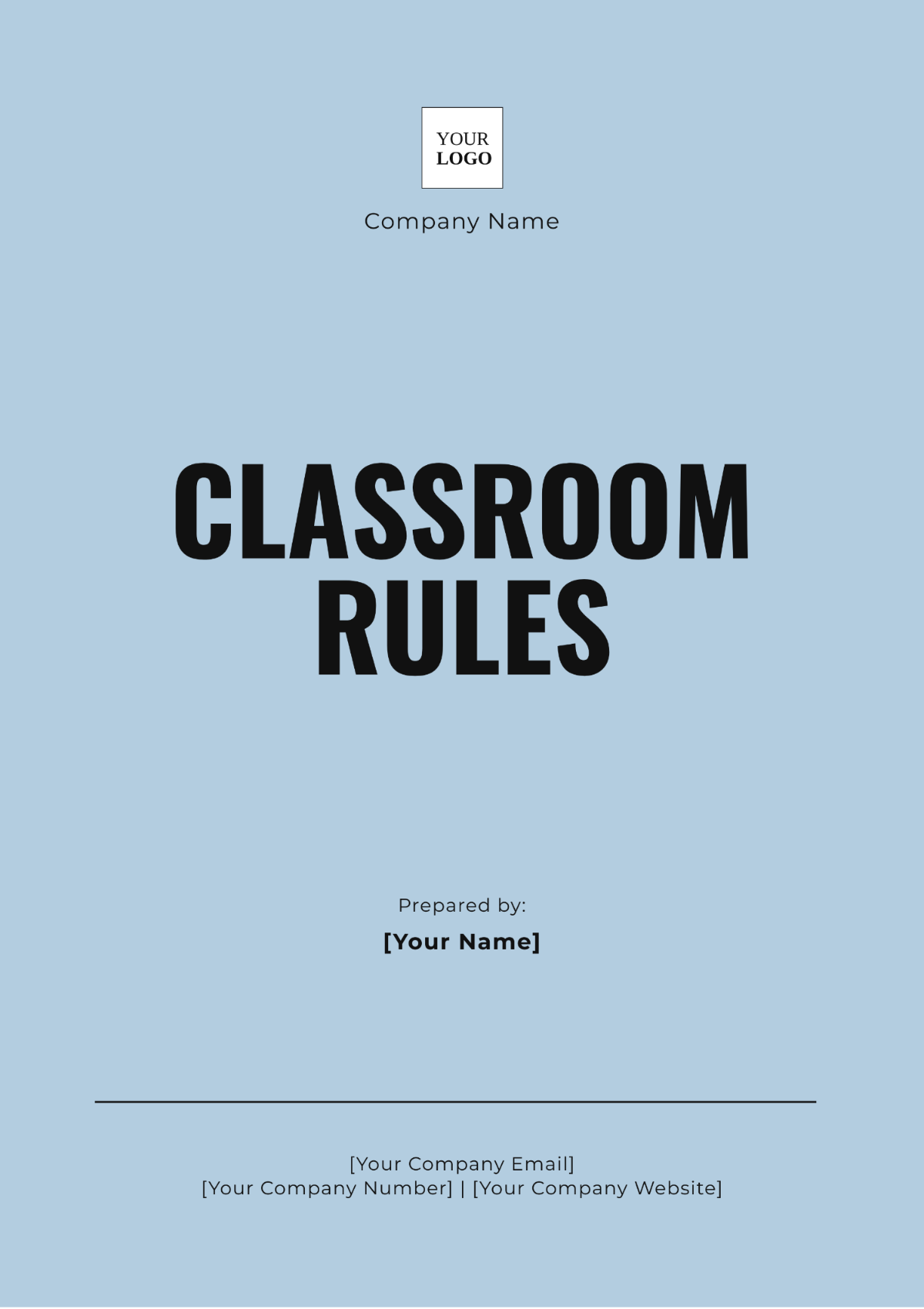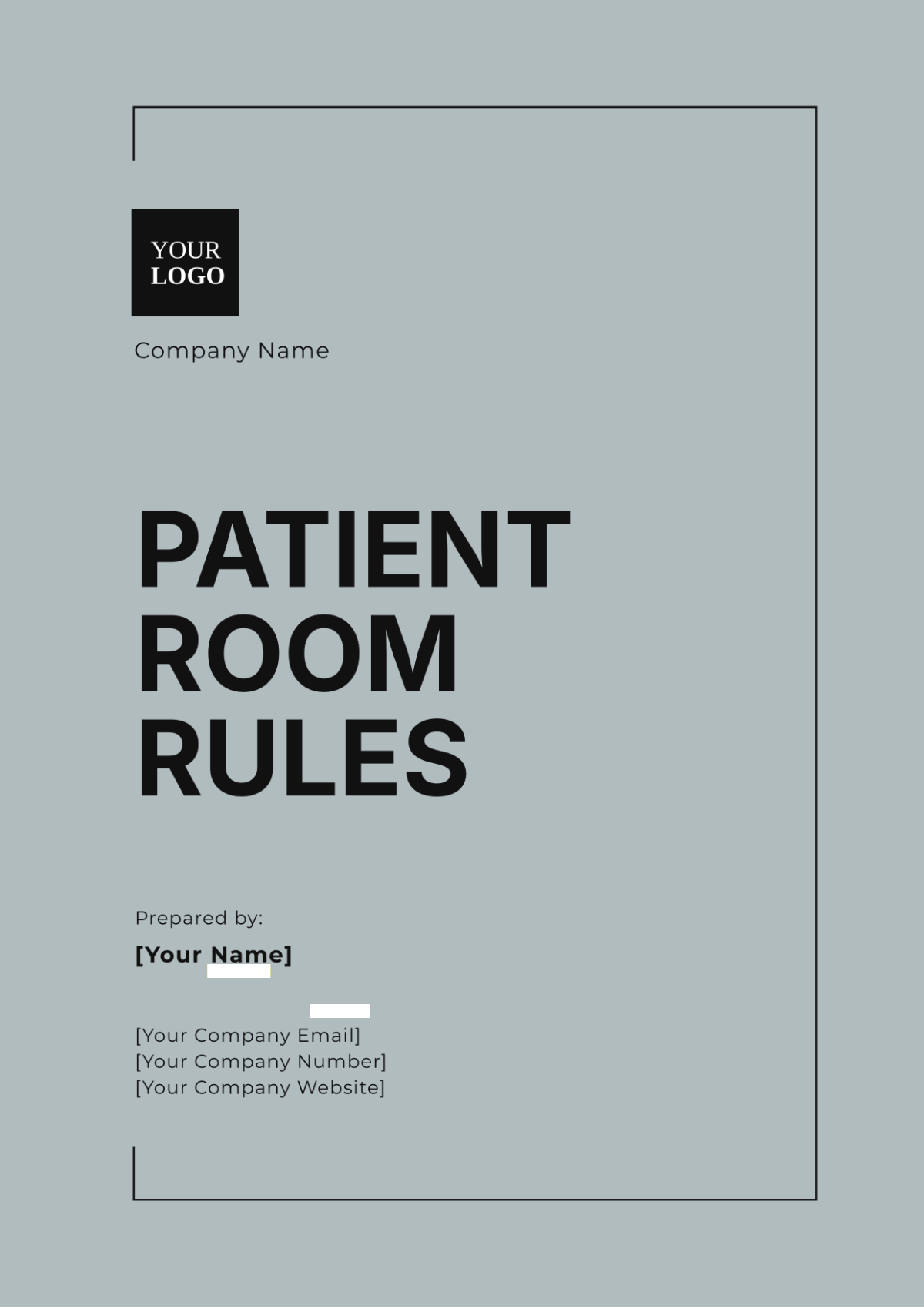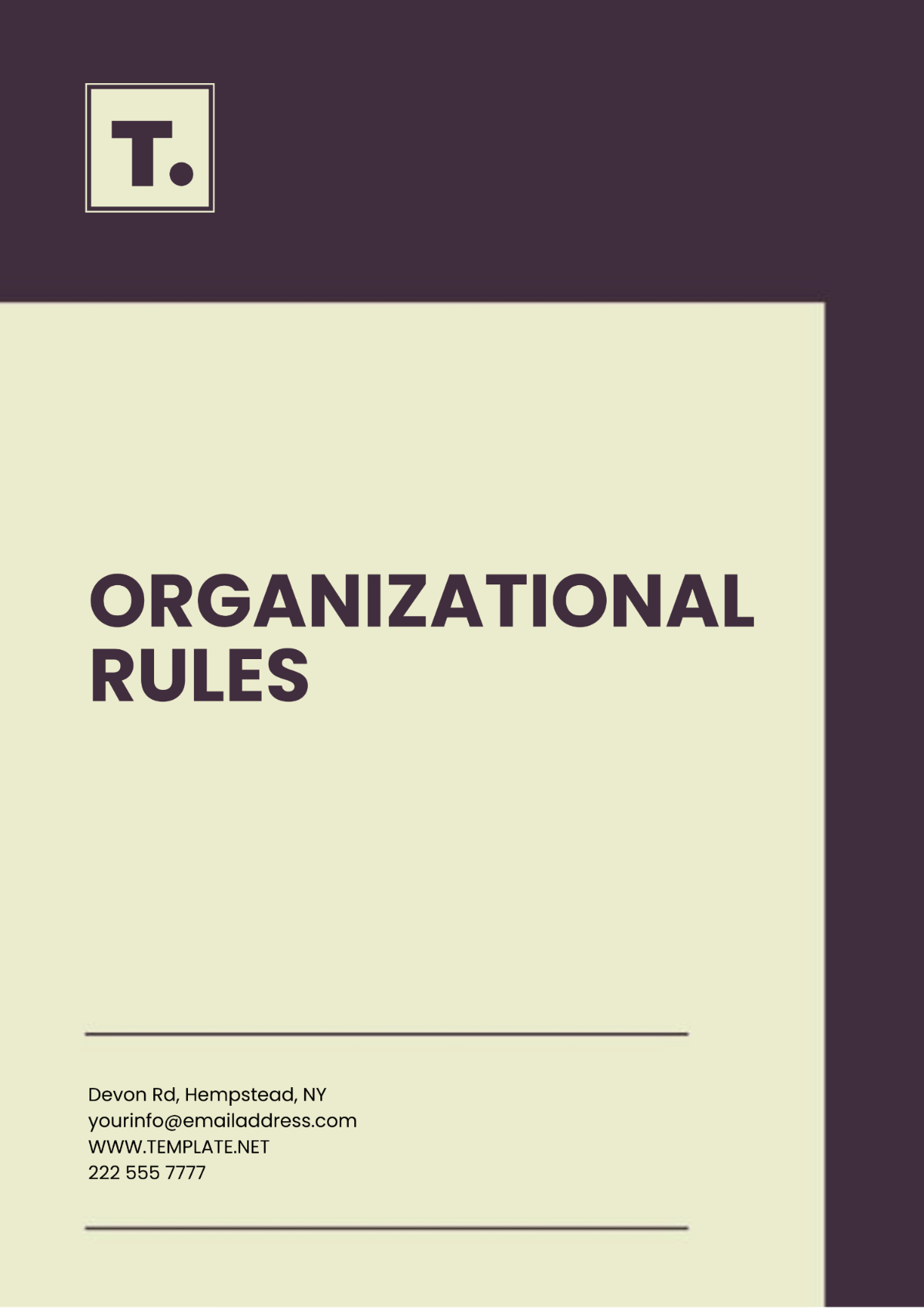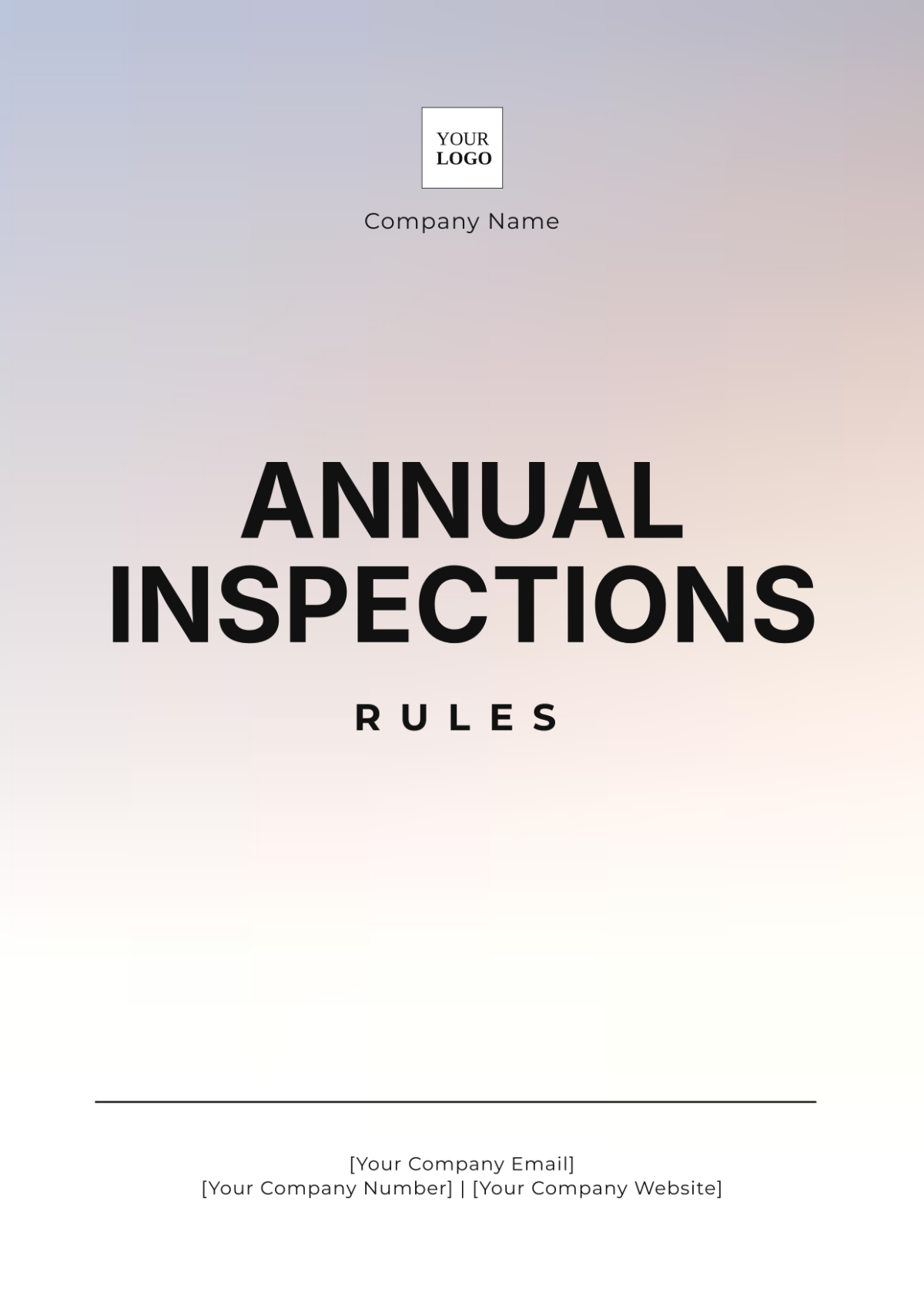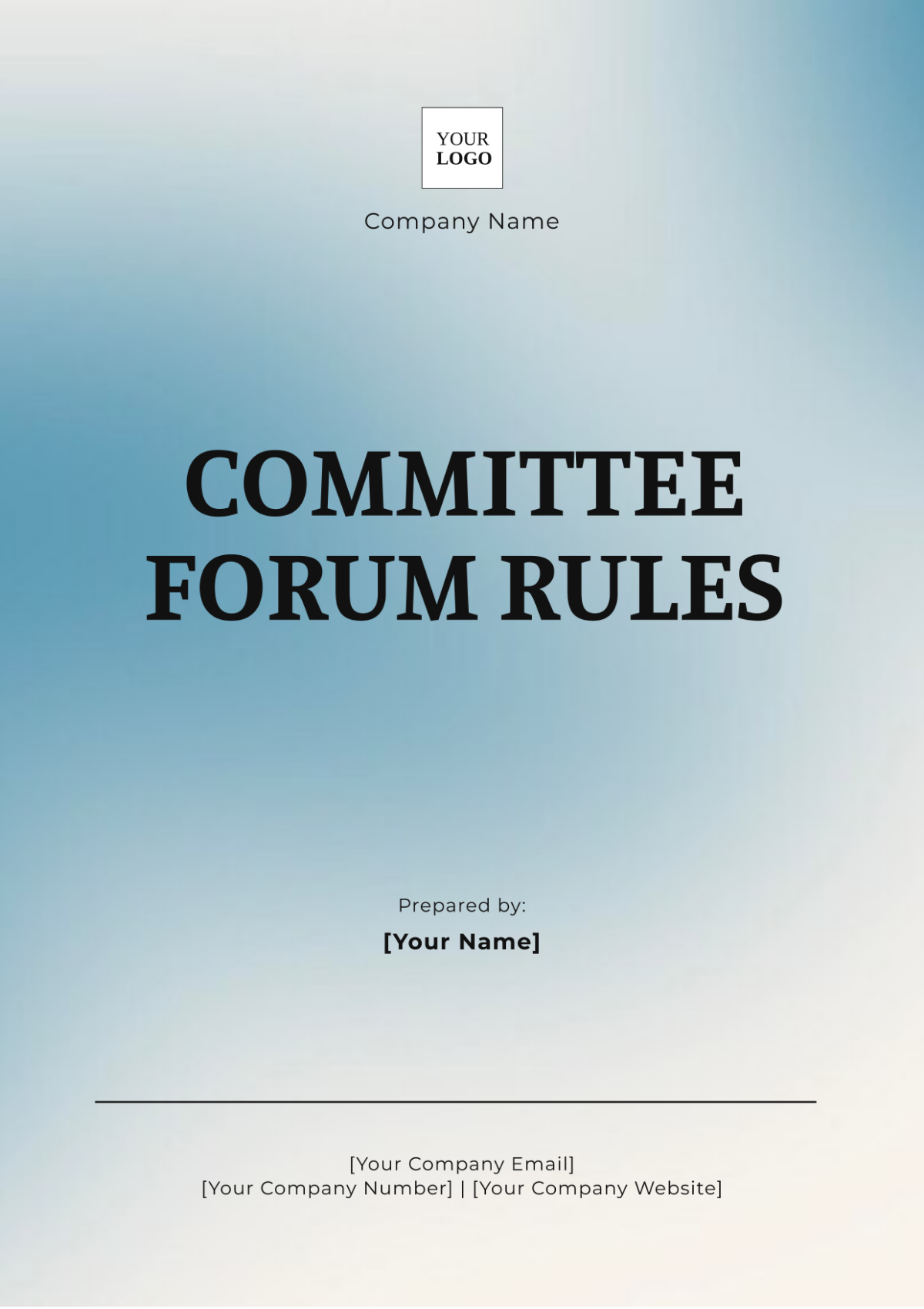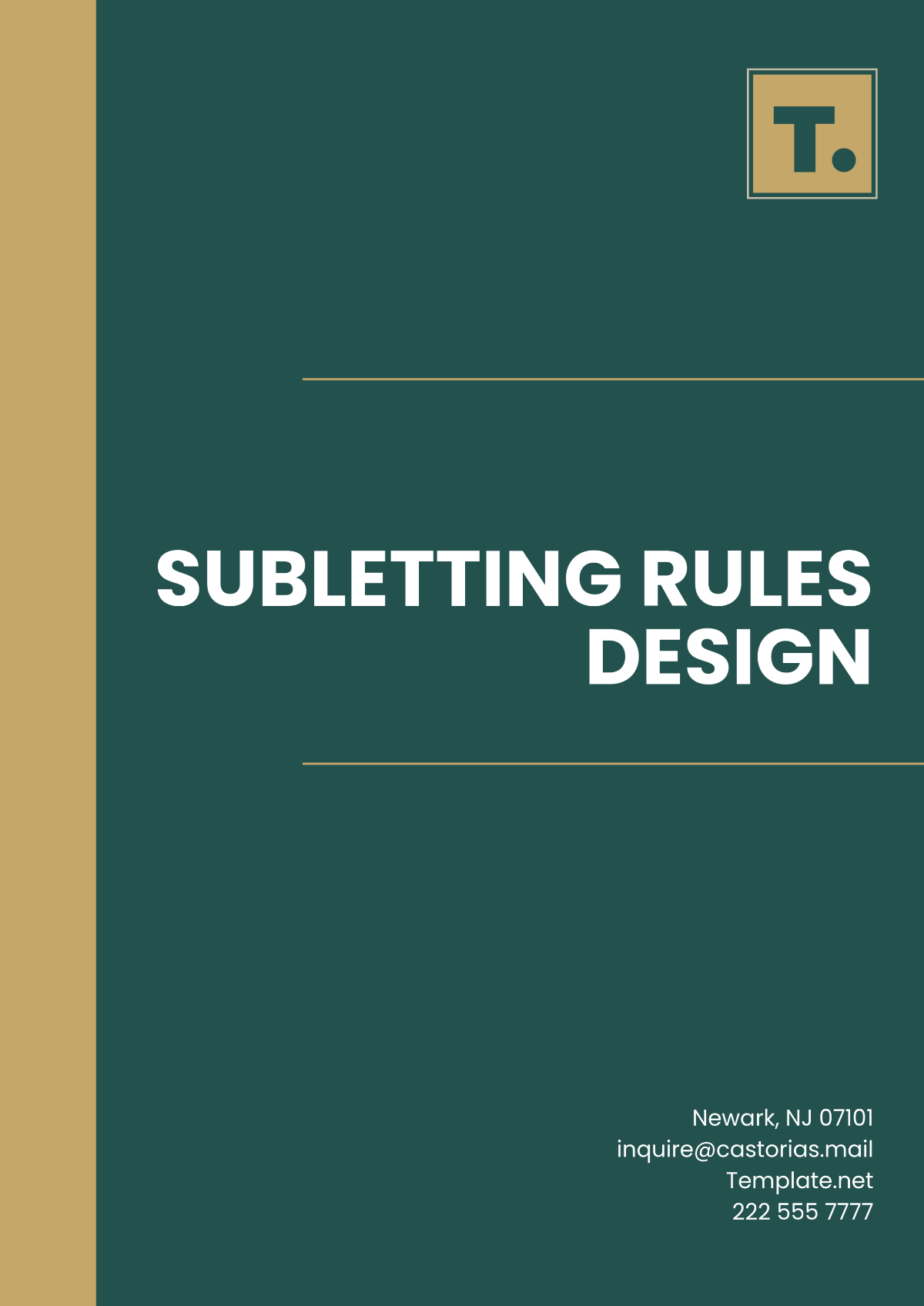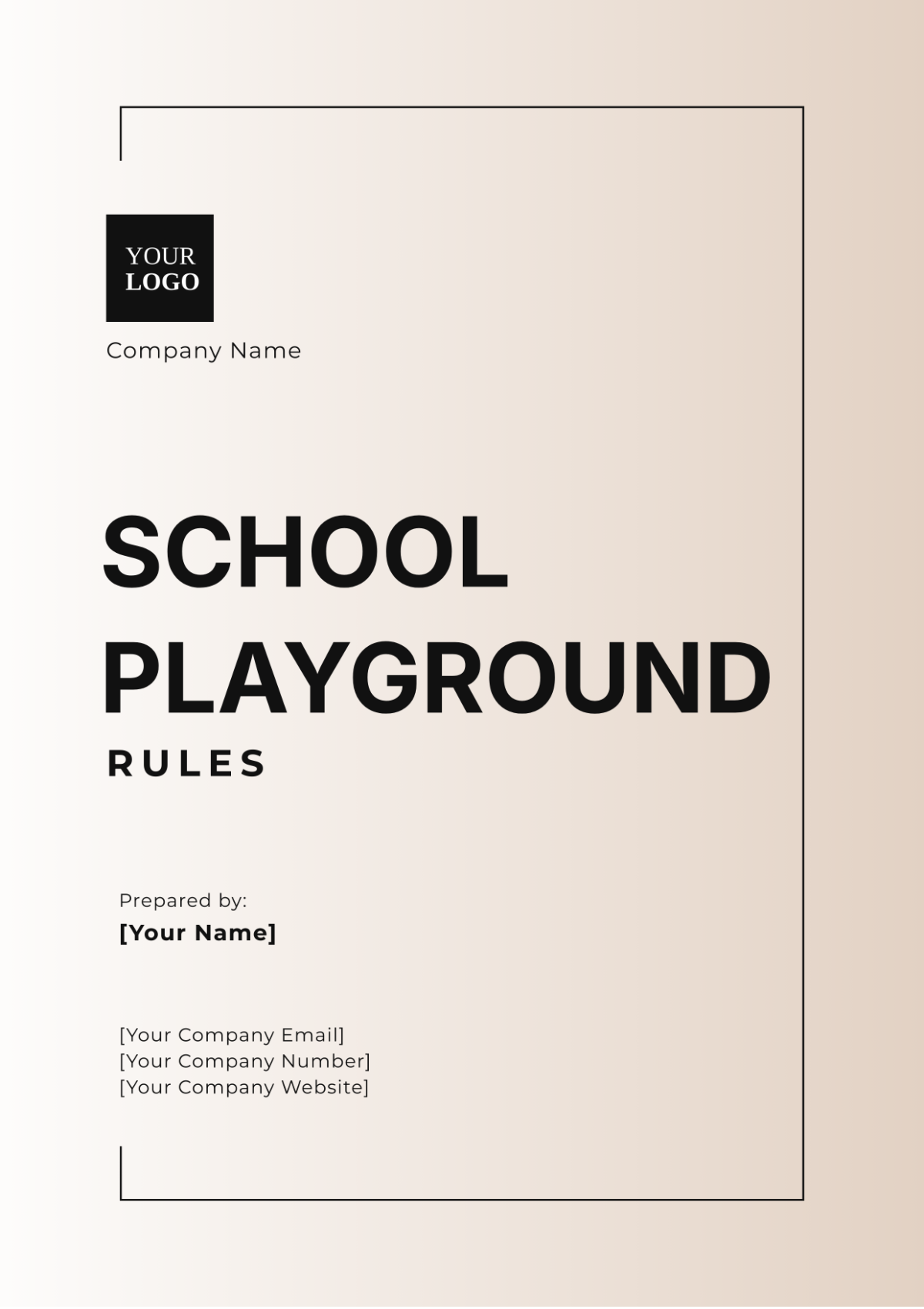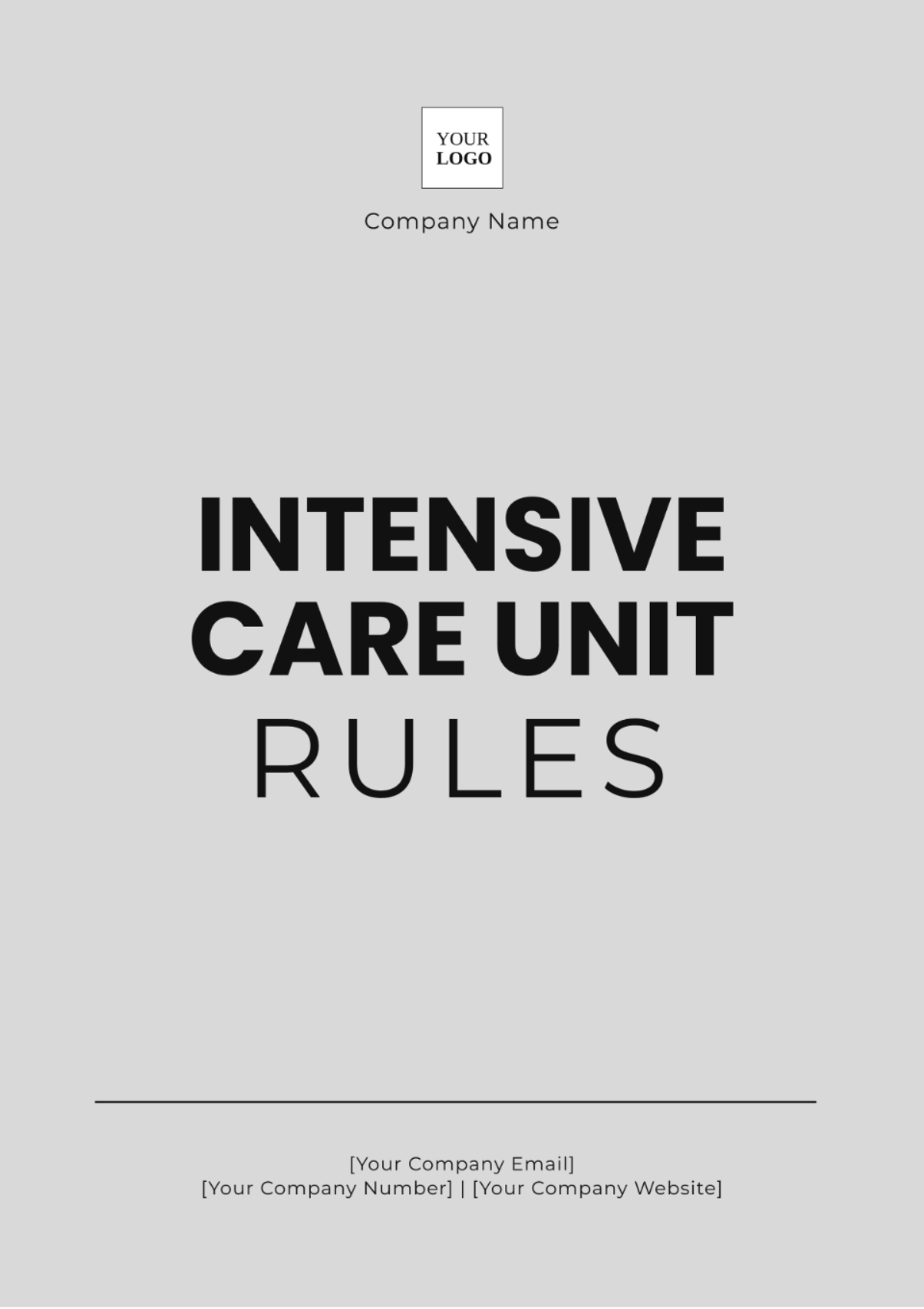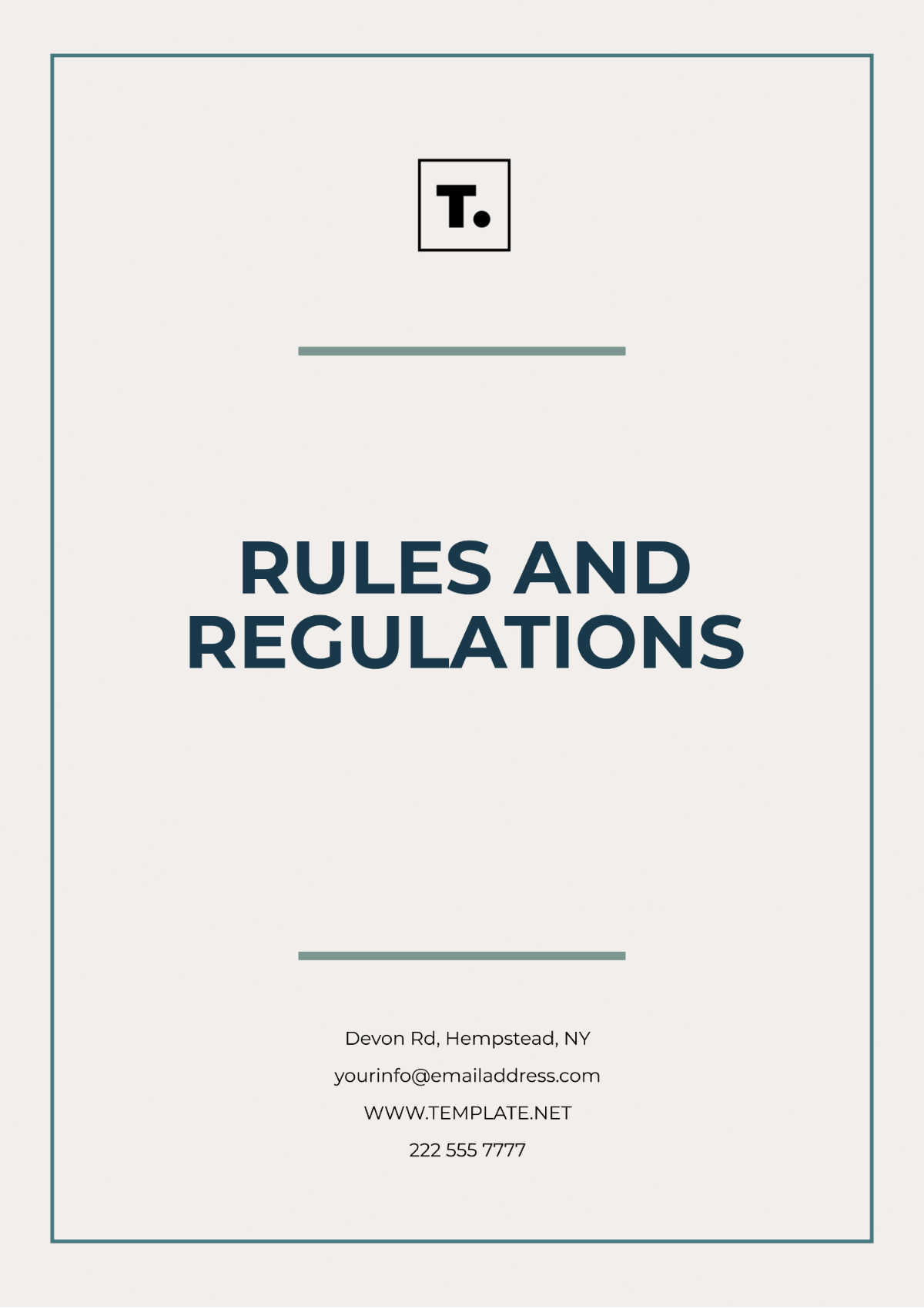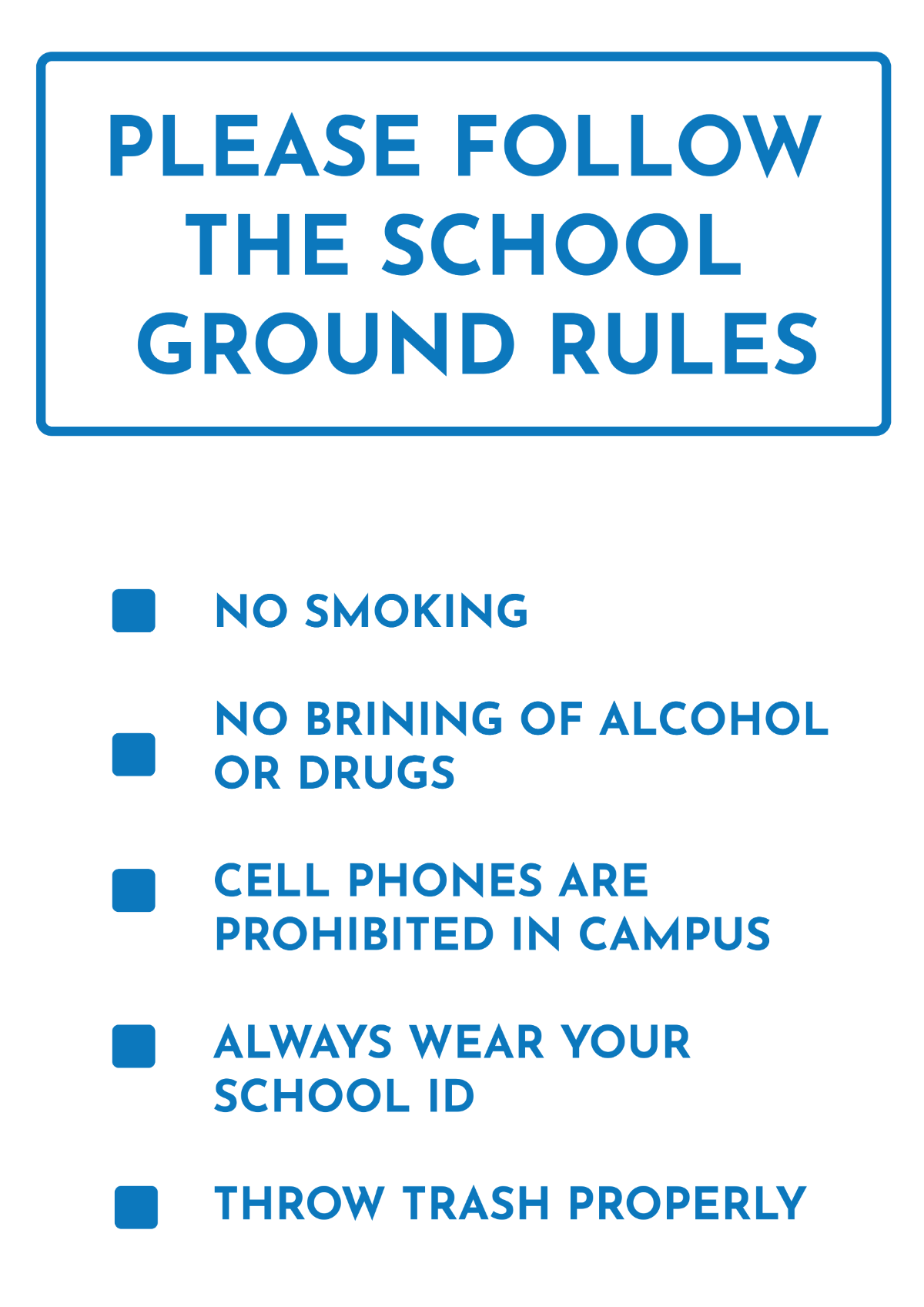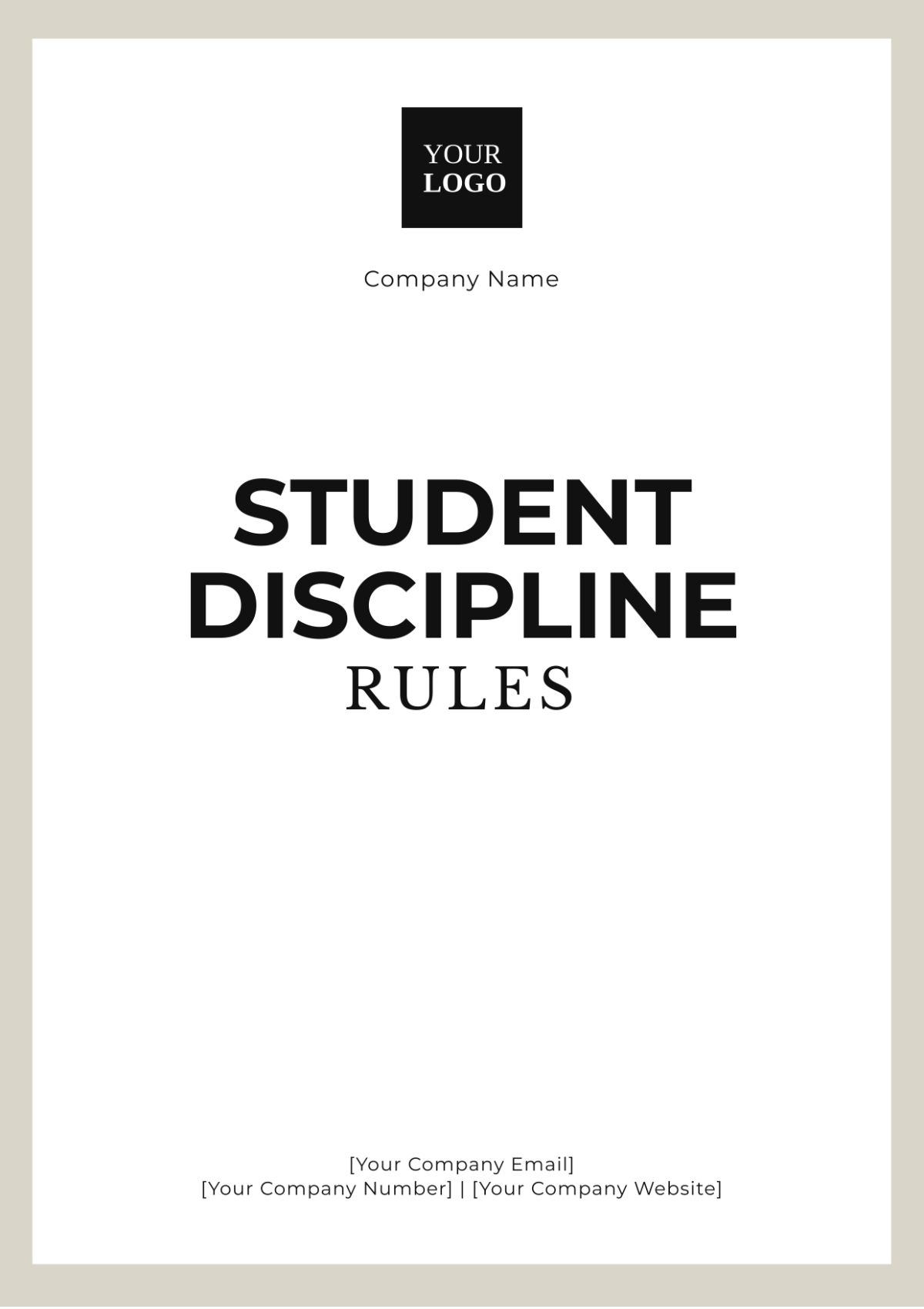Study Time Rules
Prepared by: [Your Name]
Date: [Date]
I. Introduction
Study Time Rules are essential guidelines designed to assist individuals in managing their study periods efficiently. These rules provide a structured approach to creating effective study habits, outlining specific practices, schedules, and restrictions aimed at optimizing study sessions. By adhering to these guidelines, students can enhance their productivity, reduce stress, and achieve their academic goals with greater efficiency.
II. Study Schedule
A. Creating a Schedule
Developing a well-organized study schedule is fundamental to effective time management. To start:
Identify Peak Study Times: Determine when you are most alert and focused during the day. Schedule your most challenging study sessions during these peak times to maximize productivity.
Allocate Specific Time Slots: Designate specific periods for each subject or topic. This helps ensure that all areas receive adequate attention and prevents the last-minute cramming of material.
Maintain a Consistent Routine: Establish a daily routine to build a habitual study practice. Consistency helps reinforce study habits and makes it easier to stick to your schedule.
Include Buffer Times: Allow extra time for unexpected interruptions or overruns. This flexibility helps accommodate unforeseen events without disrupting your study plan.
B. Balancing Subjects
Balancing your study time among different subjects is crucial to prevent burnout and maintain engagement:
Distribute Study Time Evenly: Allocate study time evenly across subjects to avoid neglecting any area. This approach ensures that all subjects are covered adequately.
Prioritize Based on Difficulty: Identify subjects that are more challenging or carry more weight in your curriculum. Prioritize these subjects in your study schedule to address them when your concentration is at its peak.
Rotate Subjects Regularly: Rotate subjects during your study sessions to keep your mind engaged and prevent fatigue. This variety can help maintain interest and motivation.
III. Study Environment
A. Choosing a Location
The right study environment can significantly impact your concentration and effectiveness:
Select a Quiet Place: Choose a location that minimizes noise and distractions. A quiet, dedicated study area helps maintain focus and productivity.
Ensure Proper Lighting and Seating: Good lighting reduces eye strain, while comfortable seating supports longer study sessions without physical discomfort.
Maintain Organization: Keep your study area organized and free from clutter. An orderly environment helps reduce stress and allows for a more efficient study session.
B. Materials and Tools
Having the right materials and tools at hand is essential for a smooth study process:
Prepare Study Materials: Gather all necessary textbooks, notes, and stationery before starting. Being prepared helps avoid interruptions and keeps you focused.
Utilize Digital Tools Wisely: Employ digital tools such as apps and online resources effectively. Use them to complement your study efforts, but avoid distractions such as social media.
IV. Breaks and Rest Periods
Incorporating breaks into your study routine is crucial for maintaining high levels of concentration and preventing fatigue:
Apply the Pomodoro Technique: Study for 25 minutes, then take a 5-minute break. This method helps maintain focus and prevents burnout.
Take Longer Breaks: After 2-3 study sessions, take a longer break of 15-30 minutes. Use this time for relaxation or physical activity to rejuvenate your mind and body.
Engage in Physical Activity: Incorporate physical exercises or relaxation techniques during breaks. This helps reduce stress and refreshes your mind.
V. Prioritization
A. Setting Goals
Establishing clear goals is vital for effective study management:
Define Specific Goals: Set measurable and achievable goals for your study sessions. This helps keep you focused and provides a sense of accomplishment.
Create a Goal Hierarchy: Organize goals into daily, weekly, and monthly objectives. This hierarchy helps in tracking progress and managing workload.
List Tasks by Importance: Prioritize tasks based on their significance and deadlines. This approach ensures that critical tasks are completed on time.
B. Tackling Difficult Subjects First
Addressing challenging subjects early in your study session can be beneficial:
Start with Difficult Topics: Begin your study sessions with the most difficult subjects. Tackling these when your mind is fresh ensures they receive the attention they need.
Move to Easier Topics: Gradually transition to less challenging subjects as you progress. This approach helps maintain momentum and makes the study session more manageable.
VI. Distraction Management
Managing distractions is essential for maintaining an uninterrupted study session:
Turn Off Notifications: Disable notifications on electronic devices to minimize interruptions. This helps maintain focus during study periods.
Create a Study Playlist: Use background music or white noise to block out distracting sounds. This can enhance concentration and create a conducive study environment.
Communicate Your Schedule: Inform family or roommates about your study times to reduce interruptions. Clear communication helps in maintaining an undisturbed study environment.
VII. Review and Adjustment
Regular reflection and adjustment are key to optimizing your study habits:
Reflect on Progress: Conduct weekly reviews to assess what strategies are effective and identify areas for improvement. Regular reflection helps refine your study approach.
Track Progress Towards Goals: Monitor your progress towards established goals and adjust them as necessary. This helps in staying on track and achieving desired outcomes.
Adapt to Changes: Be flexible and ready to modify your study plan based on evolving needs. Adjust your schedule to accommodate upcoming tests or assignments and incorporate feedback from teachers or peers.
VIII. Conclusion
Adhering to Study Time Rules helps create an effective and balanced study routine. By establishing clear goals, managing distractions, and regularly reviewing your progress, you can optimize your study time and achieve better academic outcomes. Consistency and adaptability are crucial components of successful study habits, enabling you to enhance productivity, reduce stress, and reach your academic goals with greater efficiency.









